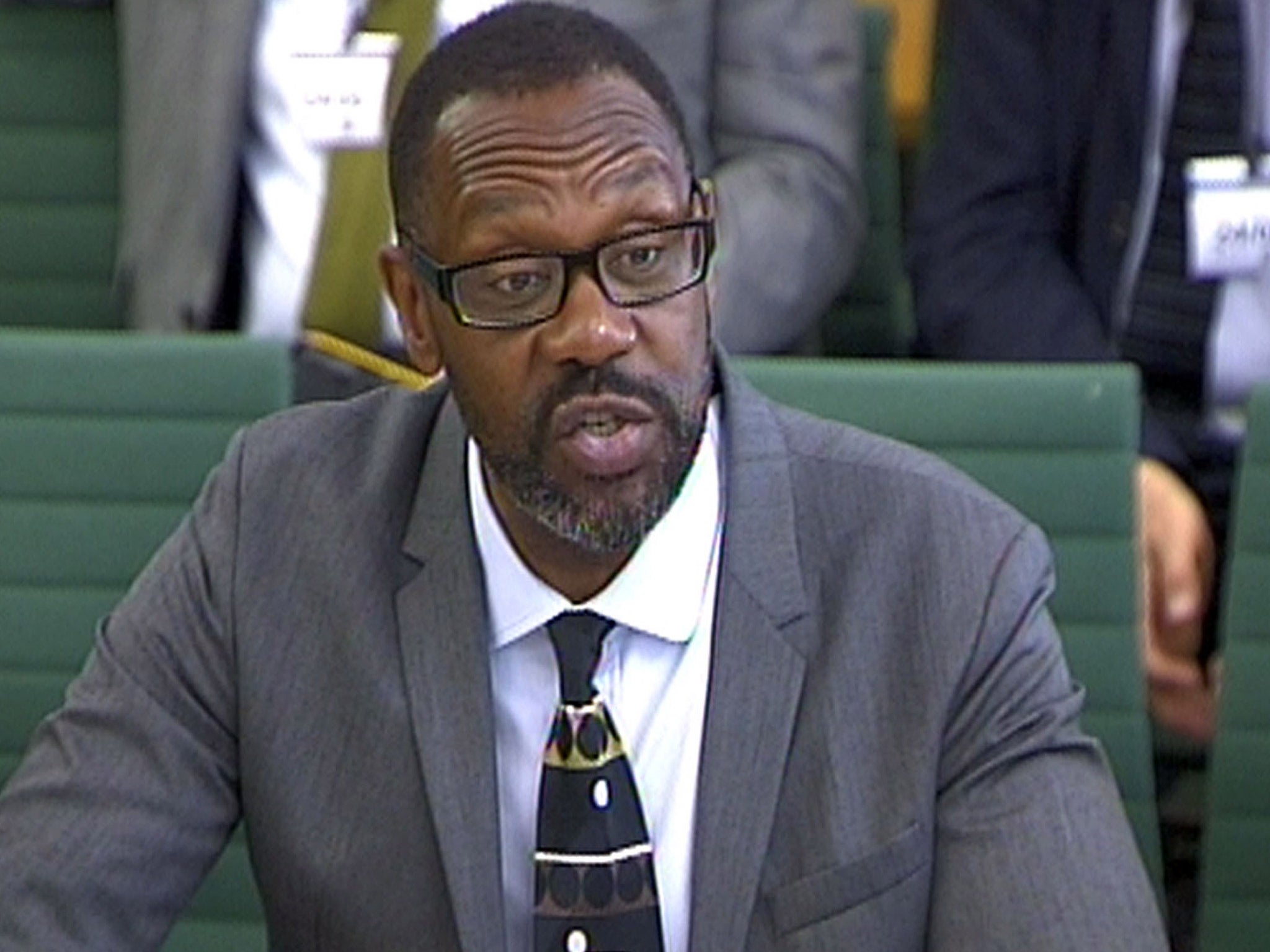If the BBC spent less time on self-reflection maybe it would notice the real world beyond Portland Place
"Auntie" has a lot of catching up to do

It is one of the great, mildly reassuring constants of modern British life that on any given day, at any given time, the BBC will be conducting an investigation into itself. Nobody watches the BBC as closely as the BBC watches itself.
Just the other evening on BBC2’s Newsnight, there was a very long, quite arcane report about some BBC journalists not being allowed to look at reports by some other BBC journalists, in which another BBC journalist asked questions of the BBC’s director of strategy.
I simplify, but however important the investigation into the potentially murky work of BBC Monitoring was, the feeling it induced – of falling headlong into a rabbit hole wallpapered with BBC logos and soundtracked by the BBC iPlayer jingle – was all too familiar.
Perhaps this is why the BBC is known as “Auntie”. It’s like that relative you meet every so often at family functions who sits you down and gives you a full run-down of his or her ailments – possible causes, potential cures – before you have even asked, “How are you?”
One could argue that, given the licence fee and the missteps, the scandals and the appalling revelations that have dogged the organisation in the past few years, the BBC is right to monitor itself so closely. But the self-flagellation can go too far.
Yesterday, a report was published which decreed that there were “too many fluffy badgers” in the BBC’s coverage of rural affairs. The review, by the BBC’s rural affairs committee, criticised the BBC’s “squeamishness” around country pursuits, the use of celebrity “activists” such as Brian May and Bianca Jagger and – that old chestnut – metropolitan bias. In other words, townie media folk don’t get the countryside. Valid point, but hardly revelatory.
Just occasionally, though, the BBC’s Stakhanovite approach to report-filing throws up something eye-catching and truly worthwhile. This week Diane Coyle, acting head of the BBC Trust, gave a lecture at the LSE. In it she tackled the BBC’s success, or lack of it, in reflecting the state of the nation in its popular programming. A report, this one by the BBC Trust’s Audience Council for England, had found that EastEnders was not an “authentic portrayal of life in modern Britain”.
Cor, strike a light, Diane! So you mean not everyone in an E- postcode goes abaaaht murdering and baby-swapping and brawling in the streets and knees-upping in the pub and being Danny Dyerish? Clearly not, but drama is drama, and given the amount of reality television that clogs the schedules, soap writers might be permitted the odd flight of fancy. If viewers really want their lives reflected back at them, Big Brother and Gogglebox offer ample opportunities to watch 21st-century Britons slumped vacantly on sofas for hours on end.
In fact, what Coyle was touching upon was diversity. The report showed that the population of the fictional Walford is twice as white as the real-life area – an amalgamation of Walthamstow and Stratford – in which EastEnders purports to be set. It is also too young and has too few people not born in the UK to be an accurate, even acceptable, reflection of the modern British urban melting pot.
This will not come as news to everyone. Earlier this year, Lenny Henry gave an excoriating speech at Bafta which highlighted that the number of black, Asian, minority ethnic people working in UK television had fallen by 30.9 per cent between 2006 and 2012. They now make up just 5.4 per cent of the industry.
On Monday, Danny Lee Wynter, a black actor who was cast in a Stephen Poliakoff drama on the BBC seven years ago and has struggled to find work since, will launch the Act for Change Project. It will campaign for independent monitoring of diversity in the industry and, more radically, call on production companies to audition at least one non-white actor for every leading role.
It is not just the BBC which has to change – Lee Wynter was moved to action when he saw a trailer for ITV Drama’s winter season last year which did not feature a single non-white actor – but as the nation’s flagship broadcaster it must lead the charge.
Last week, the BBC Director-General Lord Hall announced measures to increase diversity, including a £2.1m fund to develop writing and acting and a pledge that by 2017 one in six BBC presenters and actors, and one in 10 managers, will be black, Asian or from an ethnic minority. An excellent move. The only question is: with all those reports and reviews flying back and forth at Portland Place, what took them so long?

Join our commenting forum
Join thought-provoking conversations, follow other Independent readers and see their replies